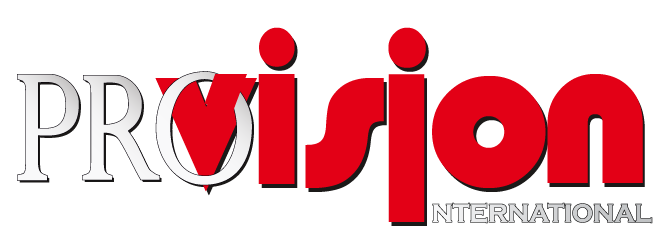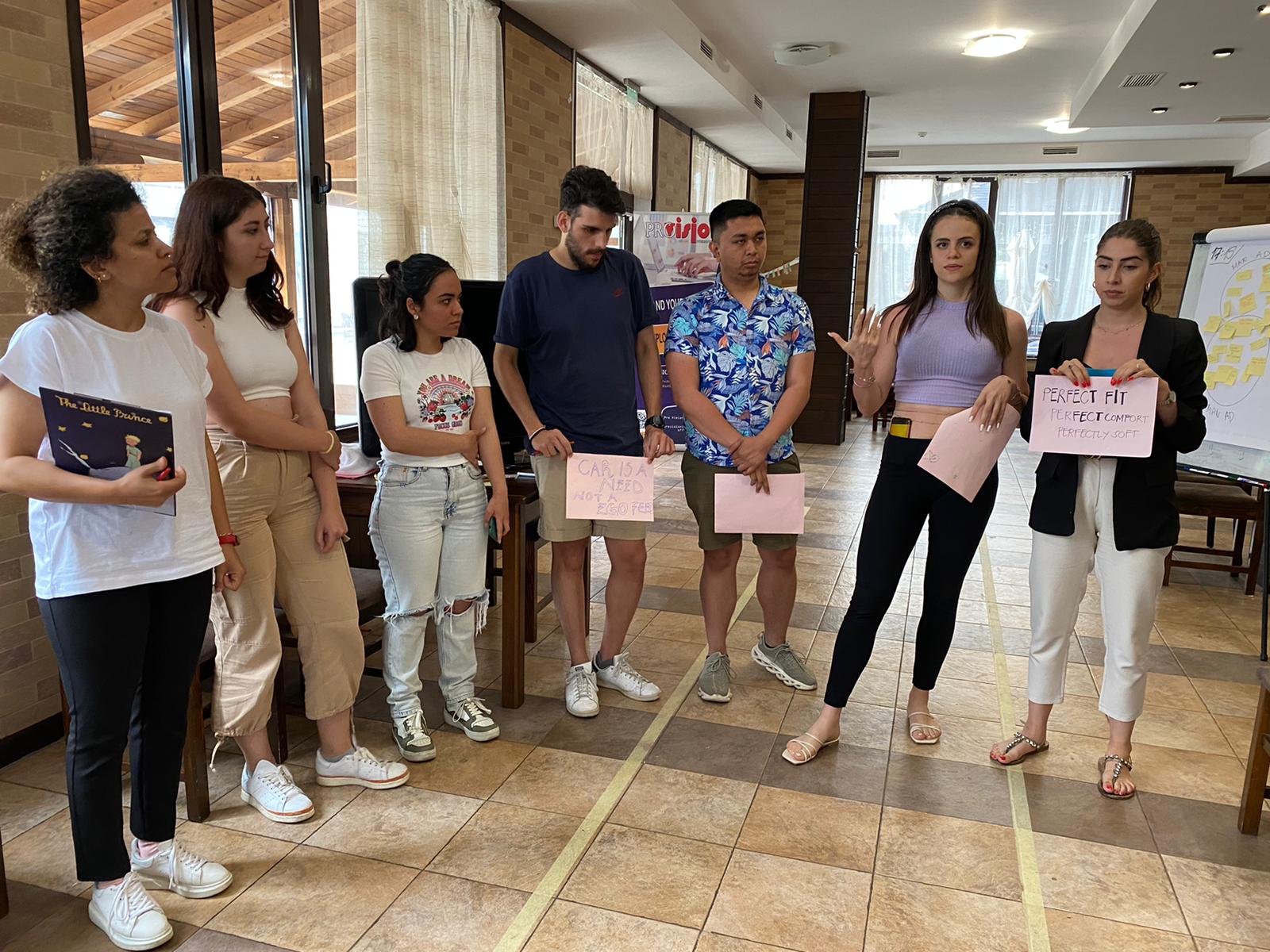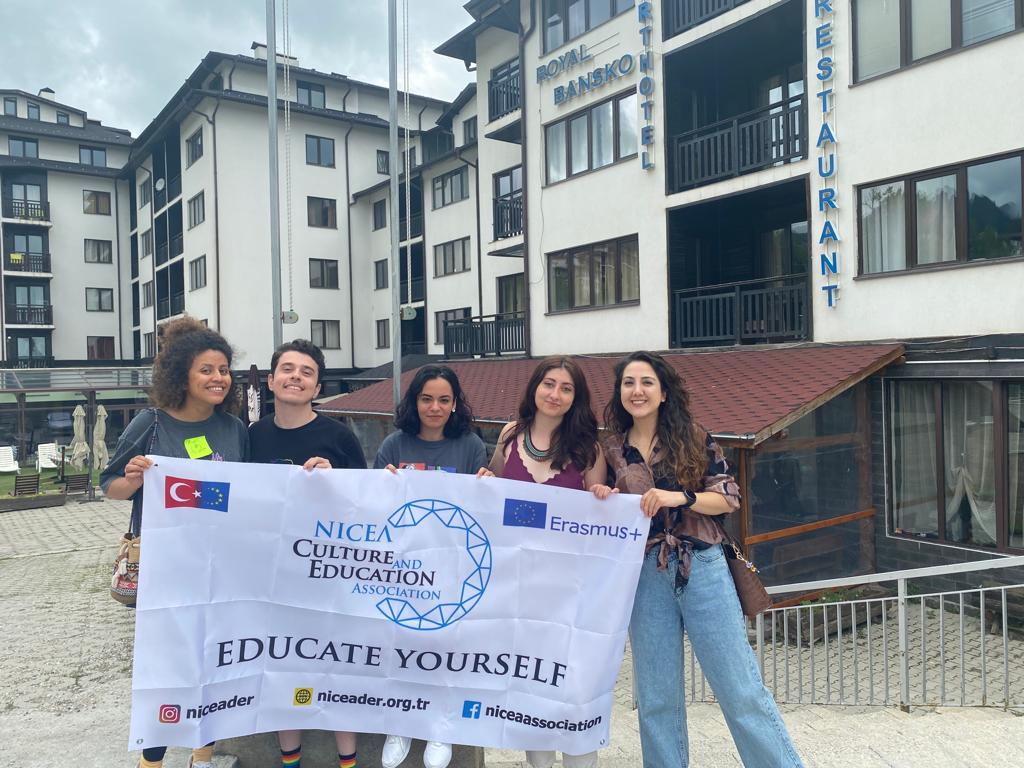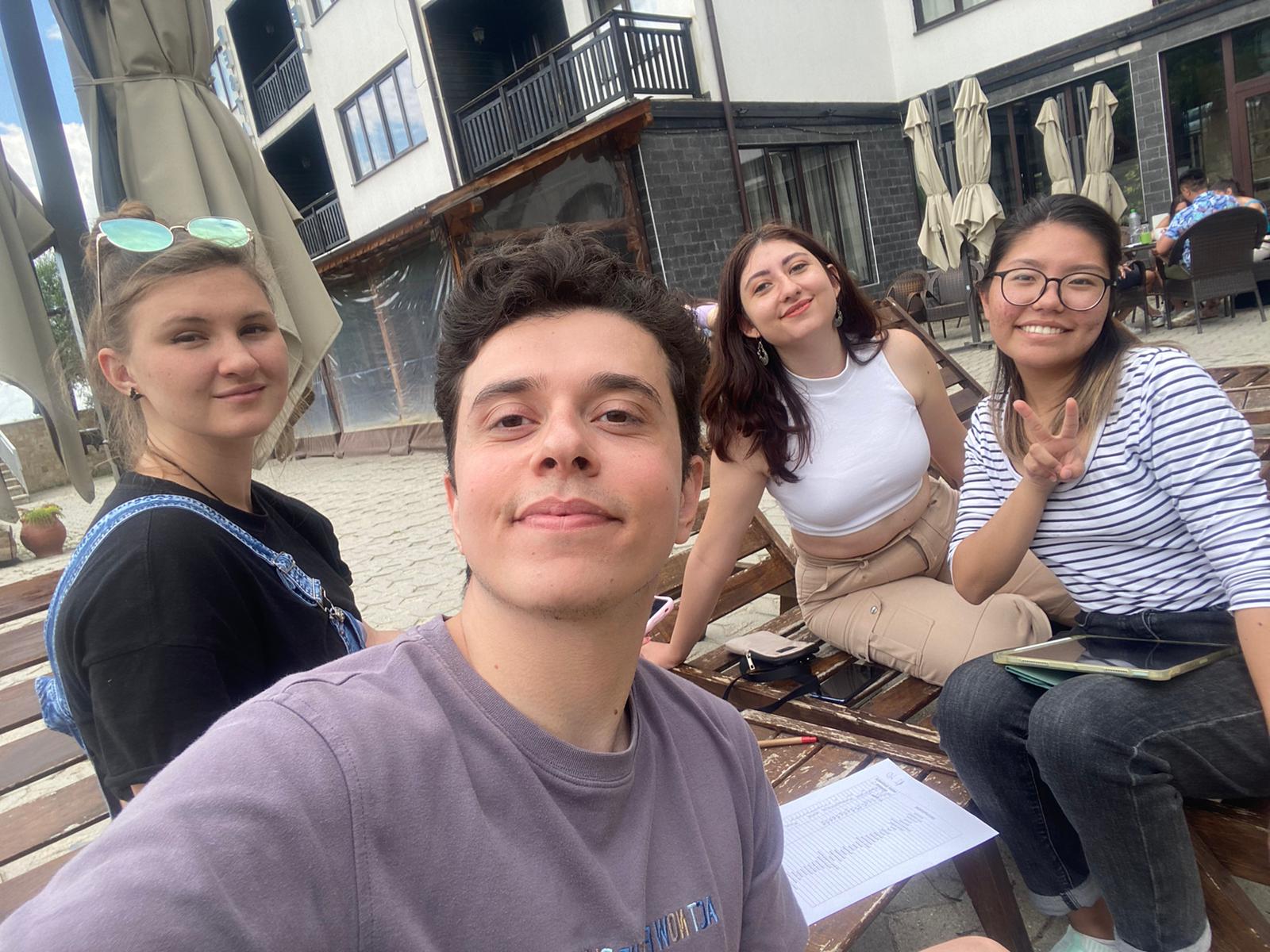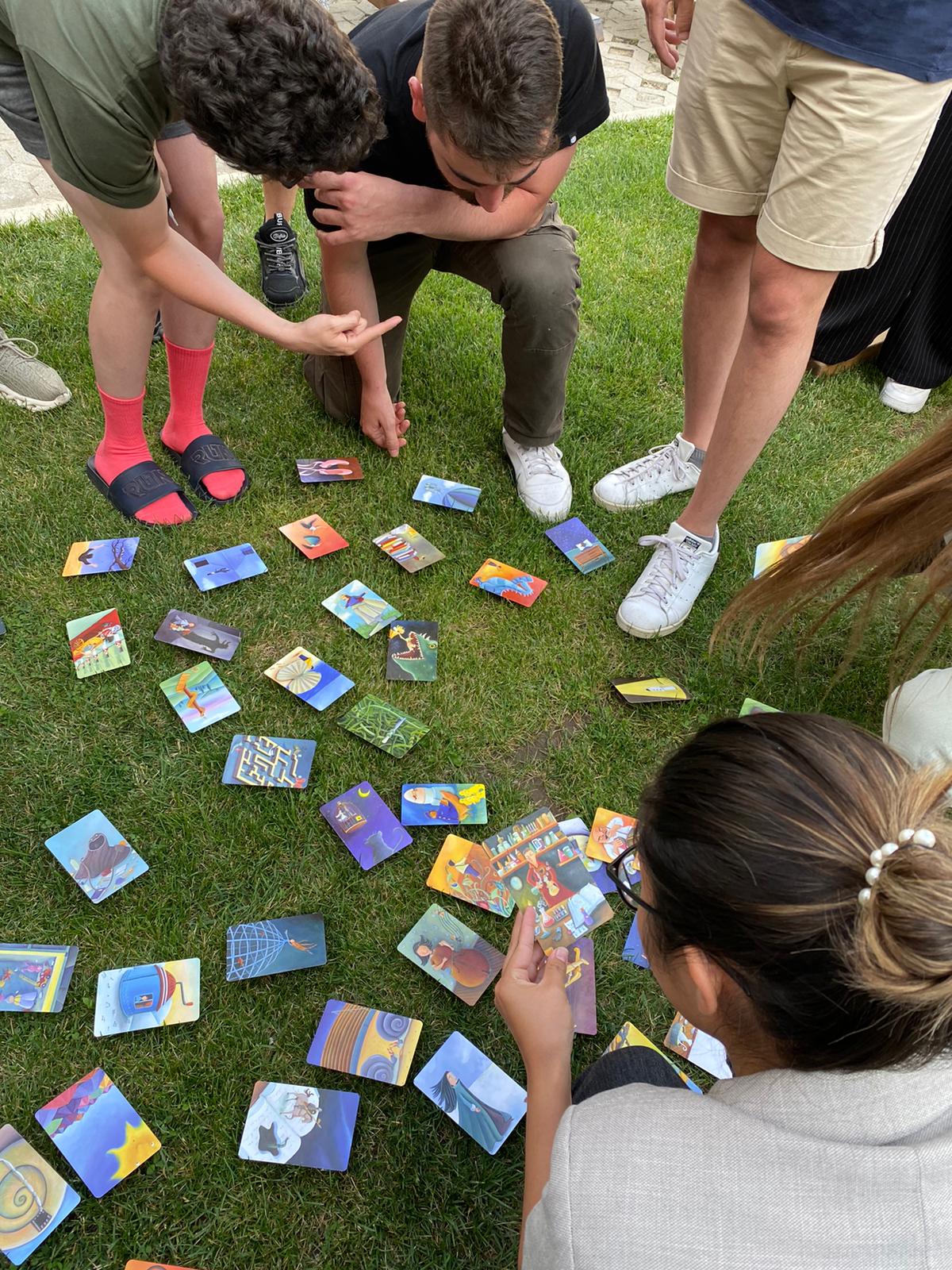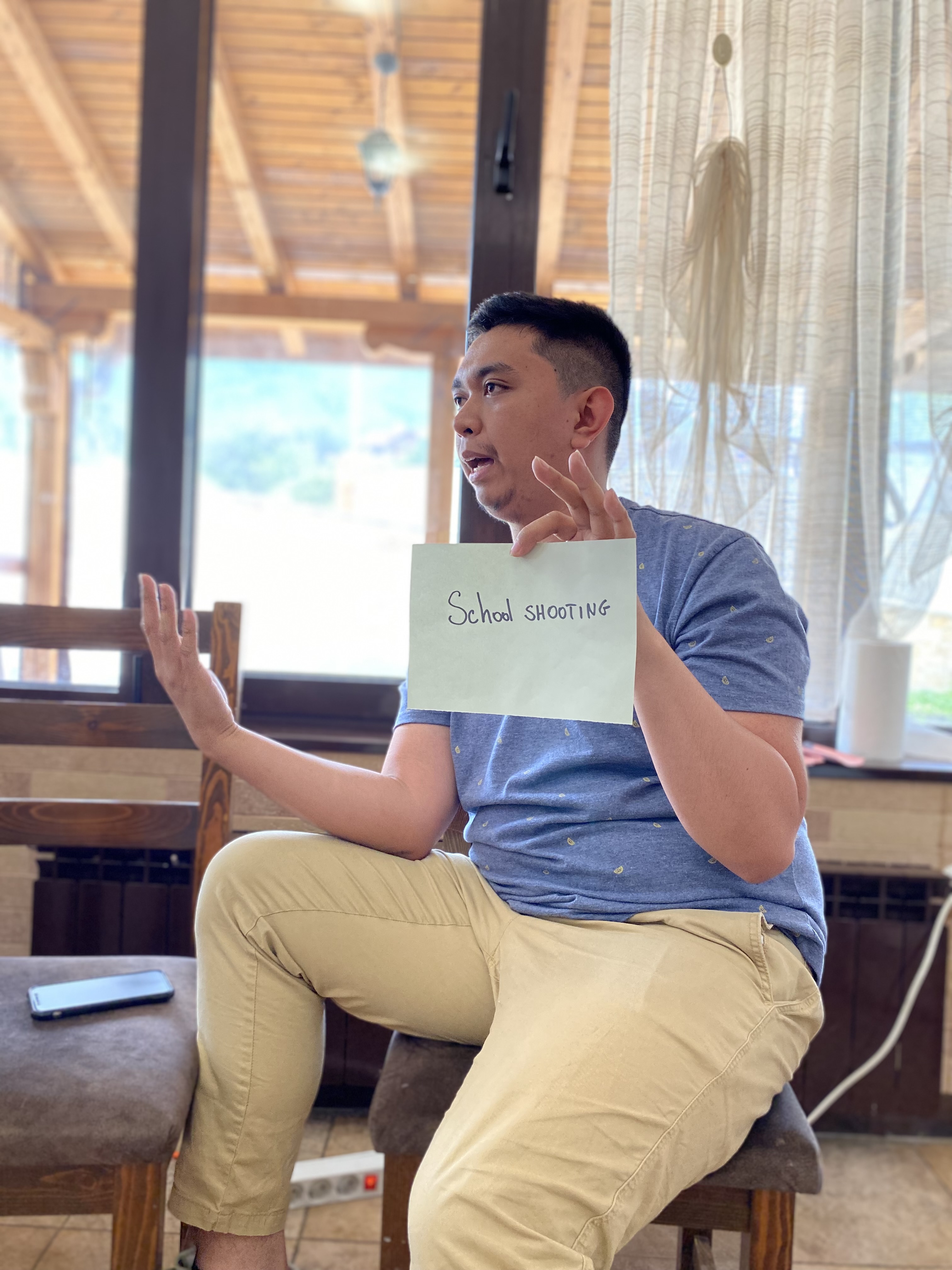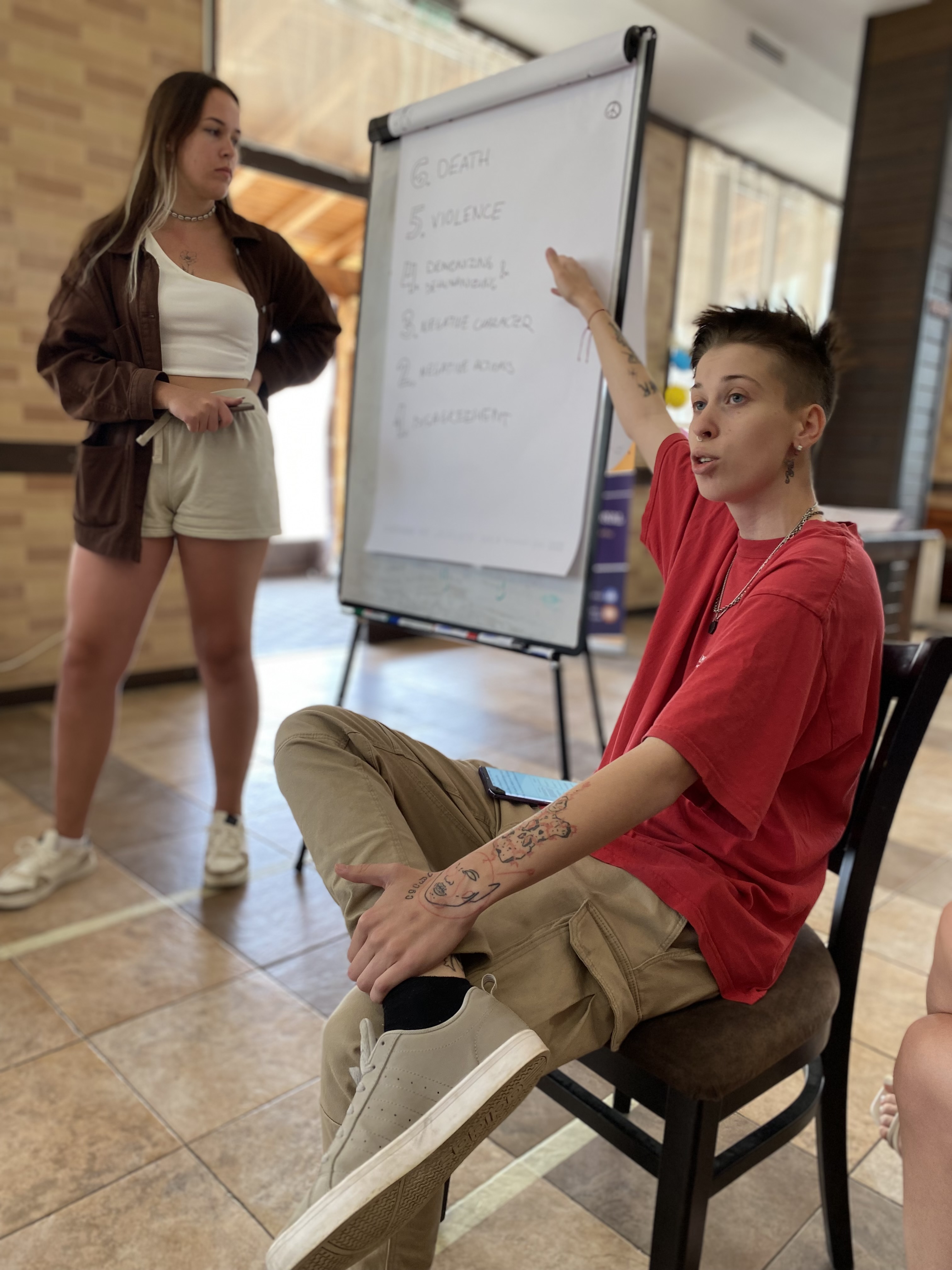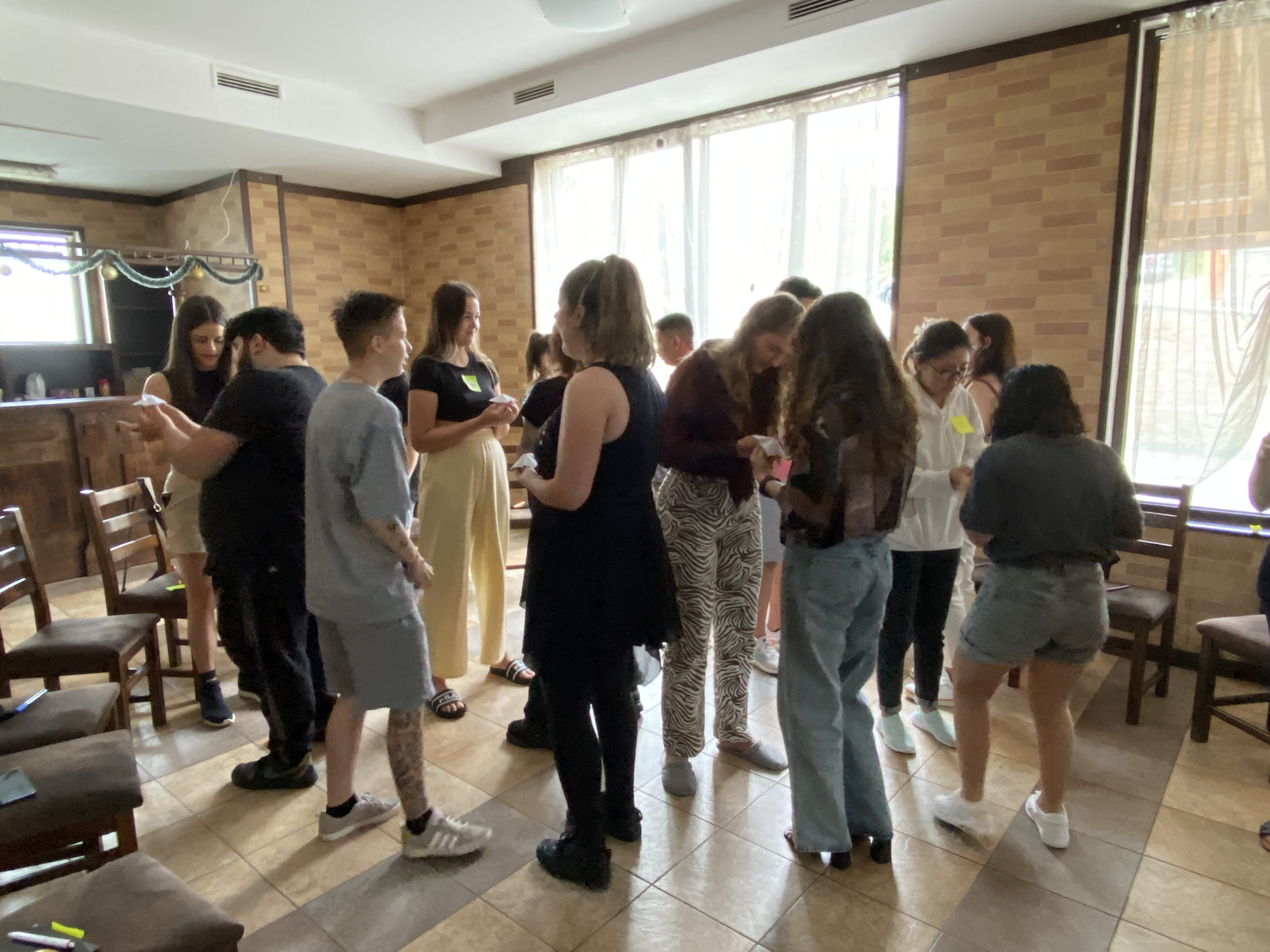The consortium conducted a mobility for youth workers in Bansko, Bulgaria and included youth workers from Turkey, Bulgaria, Italy, Spain, Greece, Estonia, Serbia, Romania and Hungary.
The mobility included a total of 27 people – or 3 representatives from each organization. Our goal was to engage actively practicing youth workers, coordinators, facilitators, youth leaders who work on a regular basis with young people. Youth workers with different experience participated in the mobility – those with minimal experience and knowledge on the subject, as well as those with more than 3 years of experience. A human and gender rights activist and 2 youth human rights trainers also took part in the mobility.
Throughout the project, we included various preparation, implementation and follow-up activities. In the preparatory phase, we carried out activities on communication and coordination with partners, distribution of duties between partners and within the team, preparatory meetings online between partners, selection of participants, training and mentoring of participants, ensuring safety and protection, online preparation of the daily program with participants, supporting participants; preparing and ensuring safe travel in conditions of COVID.
During the mobility, we implemented a balanced and varied daily program based on non-formal education, experiential learning, experiential learning, as well as an individual participatory approach.
. Regarding the implementation – the working day was divided into 4 working sessions, with two coffee breaks of 30 minutes each and a lunch break.
The main idea of this project was to provide innovation and promote better quality youth work, mostly related to ensuring an understanding of gender equality and how to apply this approach in everyday youth activities. The project contributed to the personal and professional development of 27 youth workers from 9 partner organizations who acquired more specialized knowledge about gender equality and thus gained a good understanding of gender and gender ideologies, which allowed them to explore how the norms of gender can affect young people’s lives.
In addition, participants:
– learned to include a gender perspective in their daily work with young people, looking at everything from the perspective of the latest gender concepts
-have developed skills for designing and facilitating initiatives and programs for gender equality with/for young people;
-They deepened their awareness of the importance of acquisition gender equality skills and knowledge
– in-depth knowledge, good practices and know-how on the subject at the European level
-created a network of contacts and developed their personal and professional connections
– strengthening the partnership between the organizations
-initiating and developing a project idea as a follow-up activity for a Ka2 project -strategic partnerships for gender discrimination
– as a result of the project ProVision launched a school information campaign for gender equality, together with its youth club No Hate
-as a result of the project, the partners from Italy, together with the Youth Council of the city/Forum di Giovanni/ launched a pilot training program for local youth leaders-ambassadors of gender equality and tolerance between the sexes.
